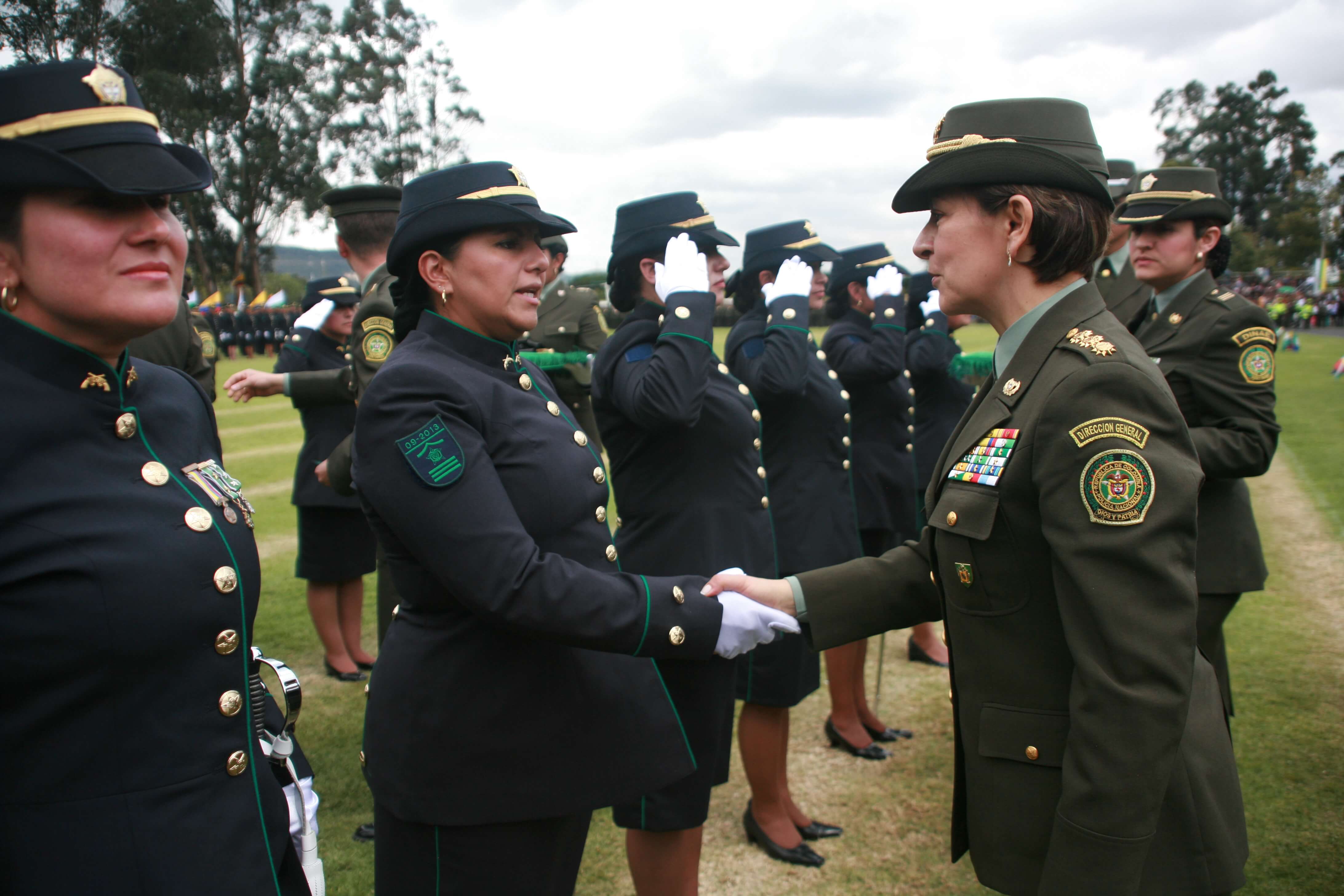Community Policing and Public Trust: A Field Experiment in Colombia

National Police of Colombia, via Wikimedia Commons
Issue:
Medellín, Colombia is a metropolitan area of more than 3.7 million people, and a place with long history of violence, pressing threats to citizen security, and improving—but still fragile—police-community relations. Lack of trust in the police and the consequent lack of communication
between citizens and officers is a clear problem in Medellín; in a recent citywide survey, 48% of residents said that they trust the police “only a little” or “not at all.” And though aspects of community policing have been in place since 2010, less than half of Medellín citizens are
familiar with the program.
Questions:
- Can citizen-centric policing improve trust in police and in state institutions?
- Do town hall-style gatherings that increase contact and communication with citizens improve a community’s willingness to report crime?
- Does providing information about crime outcomes and police performance affect citizen perceptions and/or behavior?
Abstract:
We use a randomized controlled trial to evaluate the effect of two treatments—police-community dialogues, and provision of information related to citizen security—on citizen attitudes toward the police, police perceptions of citizens, and rates of reporting of crimes and of suspicious activity. Each of approximately 400 neighborhoods in Medellín will be randomly assigned to one of four groups: control (no intervention), police-community dialogues only, information provision only, or both dialogues and information provision. In addition to administrative data on crime reporting, we will use surveys and a qualitative evaluation to understand whether and how the dialogues and the provision of information affect community attitudes and police perceptions.




